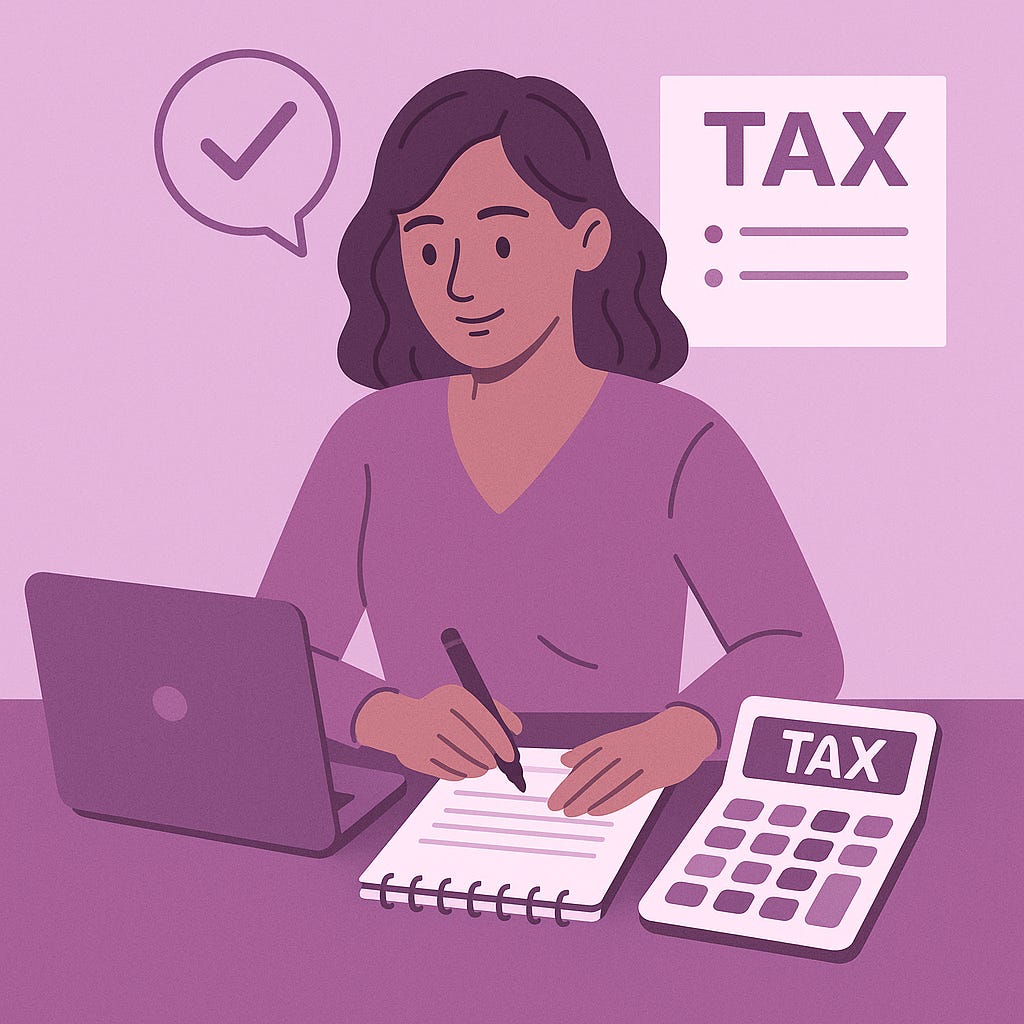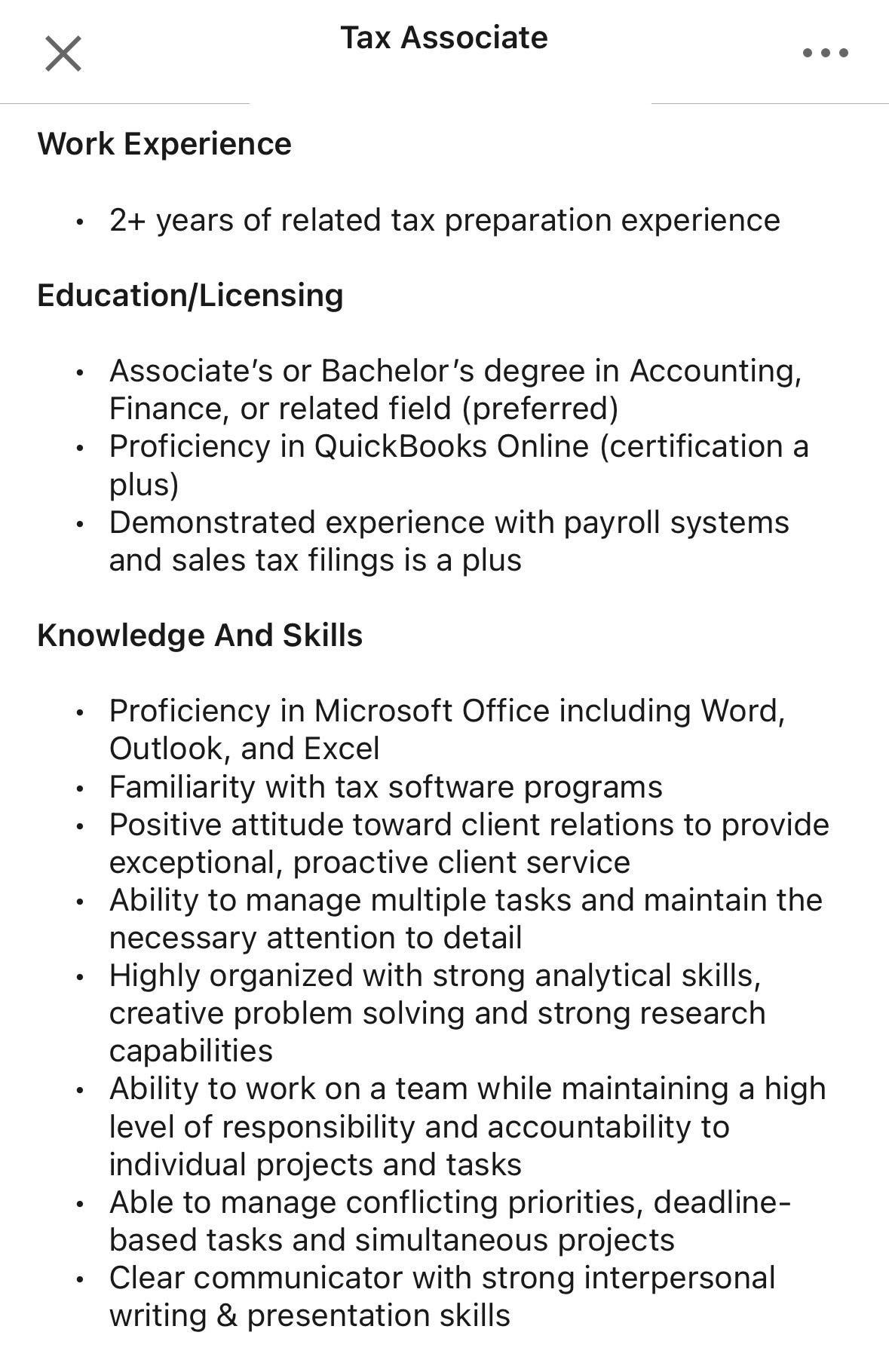Soft Skills Series: Intro to the Real Superpower
What are soft skills, and why do they matter? Plus, a downloadable bonus guide!
Welcome to the Soft Skills Series! My goal is that you’ll take away practical tips you can apply or share with others on your team. Over the next few months, we’ll dive into some of the key soft skills that apply to most professions, with a bit of a tax operations twist! Plus, I’ll include resources with actionable tasks to improve, upskill your team, and provide more value to those you work with and for.
🛠️ What are soft skills?
You’ve probably heard of it, but don’t let the name fool you. In my opinion, there’s nothing “soft” about them because many of these skills can be more challenging to learn and teach, requiring years of real-world practice too.
The term has been around since the 60s. It refers to professional, personal, emotional, and behavioral skills that aren’t necessarily technical or specific to professions (such as hard skills like tax prep, coding, data analysis, etc.).
Think of it this way: soft skills help you apply your technical knowledge and expertise effectively through:
Leadership
Conflict Management
Working under pressure
Communication, Influence, and Empathy
Prioritization
Time management
Teamwork and Collaboration
Critical thinking and Problem Solving
Adaptability
🌱 Why do soft skills matter more than ever?
Technical skills have often overshadowed soft skills in the application and hiring process, as employers prioritize technical qualifications in an applicant, focusing on:
Years of experience (e.g., years of preparing returns)
Degrees and certifications (e.g., Bachelor’s, CPA, or EA)
Familiarity with tools and forms (e.g., bookkeeping and tax software, partnership returns)

Meanwhile, soft skills take a back seat...
However, someone may have years of experience and the certifications to make them appear as a top candidate, yet the technical skills are a moot point if they can’t effectively communicate with their team or clients, prioritize or manage their time to meet deadlines, or adapt to process or tax law changes.
Technical skills may get you hired (or even win you a client), but soft skills will set you apart, shape and grow your career, and even your relationships.
🌟 There’s a shift happening!
Many companies now recognize the importance of these skills and are including them more and more in their hiring process and for the professional development of their employees.
Some even prefer phrases like “professional skills” or “power skills” to better reflect the importance in the workplace rather than undermine them.
In my last role, we had a pretty robust hiring process (too robust, if you ask me). Some beneficial aspects included clear job descriptions emphasizing soft skills and mock challenges to see how a candidate would handle a situation. Through these simple steps, we learned so much more about a person, their skills, and their ability to work under pressure instead of relying on someone to be good at answering interview questions or taking tests.
💡Takeaway:
Soft skills are critical to development in every industry and profession and can be a real superpower. Understanding what they are (despite what we want to label the phrase) and how to improve them is something I wish I had learned earlier in school and my career.
🔥What’s next in this series?
Throughout the series, we’ll explore different soft skills, their importance (especially in professions like tax), and tips and resources for expanding these skills for you and your team.
Remember to subscribe and share to join the journey to professional excellence!
🔓 Bonus Guide: Soft Skills in Action 🎁
Want to dig in more? Check out this downloadable exclusive paid subscriber resource with quick tips to implement, whether you are hunting for a new job, looking to improve your skills, hiring your next superstar, or looking to help your team improve.







